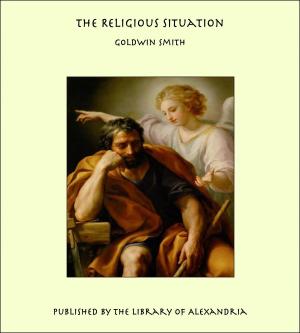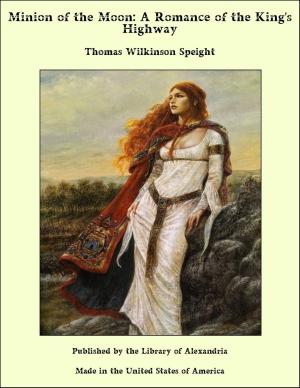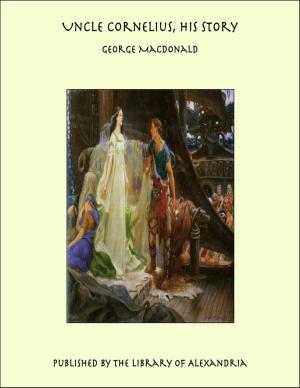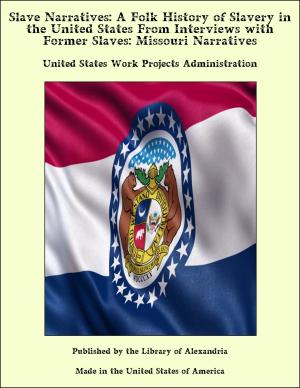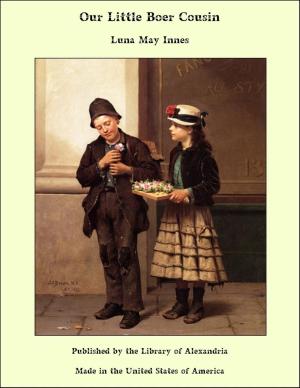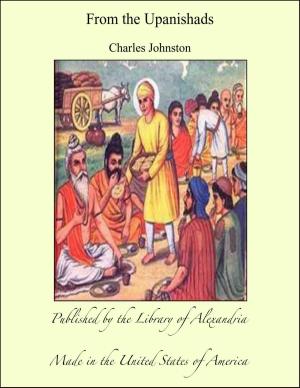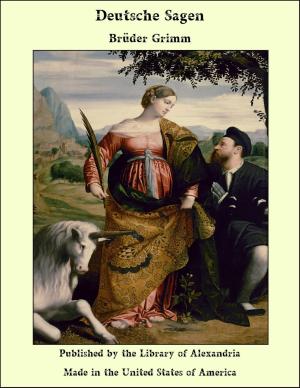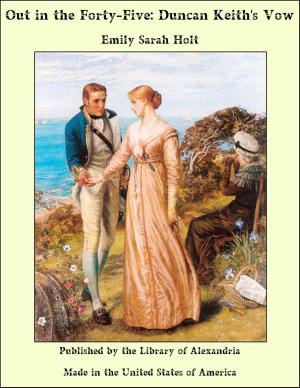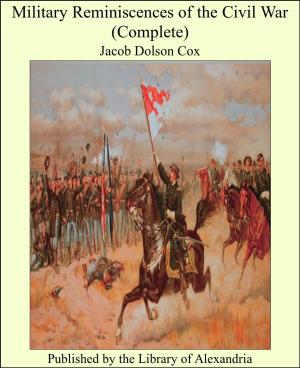Virginia of Virginia: A Story
Nonfiction, Religion & Spirituality, New Age, History, Fiction & Literature| Author: | Amélie Louise Rives | ISBN: | 9781465613707 |
| Publisher: | Library of Alexandria | Publication: | March 8, 2015 |
| Imprint: | Language: | English |
| Author: | Amélie Louise Rives |
| ISBN: | 9781465613707 |
| Publisher: | Library of Alexandria |
| Publication: | March 8, 2015 |
| Imprint: | |
| Language: | English |
“It’s a girl,” said Roden, laying a wager with himself. “No; it’s a boy. Hanged if it isn’t a girl!” He took his short brier-wood pipe from his mouth, knocked out its contents against the side of the wagon, and pocketed it. The time of the year was January, the scene a country road in Virginia, and it was drizzling, a thick Scotch drizzle, abetted by a lusty east wind. Even the branches of the straggling locust-trees that lined the red road seemed clogged with it. It hung in folds upon the sides of the mountains, and was blown in masses between the clefts of the rolling meadows. Roden was not only a new arrival in Virginia, but in America, and the impression made upon him had not, to speak very moderately, been favorable. Coming from Washington, some one in the train had asked him if it did not remind him of England. He had answered with some curtness that it did not, demanding at the same time why he should be particularly reminded of England by the state of the weather in Virginia. His interlocutor had replied with the never-failing urbanity of the Virginian farmer, that “anybody could tell he was an Englisher by th’ way he talked, and them loose pants.” At the moment he first saw the figure alluded to, the owner of the British accent and the “loose pants” was shivering in spite of the top-coat turned up about his ears and the soft hat pulled down to meet it. It was indeed a girl; she wore a soft hat, the counterpart of his own, fashioned of the same stuff as her dark-gray jacket and the kirtle which reached just below her knees. On her legs were shooting-gaiters of russet leather, decidedly influenced as to color by the tyrannic soil, and on her feet stout cowhide boots. She carried a gun on her shoulder, and a game-bag hung at her side. She further appeared to be bounded on the east, west, north, and south by dogs. An old mastiff lounged sulkily at her heels. Far in front, a collie gave chase to a stately buzzard, which sailed away undisturbed by its pursuer’s shrill barking, while an asthmatic pug sought a Juggernautal fate between the ponderous wagon-wheels, and a little black-and-tan terrier, sniffing hither and thither among the mist-drenched weeds, reminded Roden of the accounts of certain mammoth ants as related by the credulous Herodotus.
“It’s a girl,” said Roden, laying a wager with himself. “No; it’s a boy. Hanged if it isn’t a girl!” He took his short brier-wood pipe from his mouth, knocked out its contents against the side of the wagon, and pocketed it. The time of the year was January, the scene a country road in Virginia, and it was drizzling, a thick Scotch drizzle, abetted by a lusty east wind. Even the branches of the straggling locust-trees that lined the red road seemed clogged with it. It hung in folds upon the sides of the mountains, and was blown in masses between the clefts of the rolling meadows. Roden was not only a new arrival in Virginia, but in America, and the impression made upon him had not, to speak very moderately, been favorable. Coming from Washington, some one in the train had asked him if it did not remind him of England. He had answered with some curtness that it did not, demanding at the same time why he should be particularly reminded of England by the state of the weather in Virginia. His interlocutor had replied with the never-failing urbanity of the Virginian farmer, that “anybody could tell he was an Englisher by th’ way he talked, and them loose pants.” At the moment he first saw the figure alluded to, the owner of the British accent and the “loose pants” was shivering in spite of the top-coat turned up about his ears and the soft hat pulled down to meet it. It was indeed a girl; she wore a soft hat, the counterpart of his own, fashioned of the same stuff as her dark-gray jacket and the kirtle which reached just below her knees. On her legs were shooting-gaiters of russet leather, decidedly influenced as to color by the tyrannic soil, and on her feet stout cowhide boots. She carried a gun on her shoulder, and a game-bag hung at her side. She further appeared to be bounded on the east, west, north, and south by dogs. An old mastiff lounged sulkily at her heels. Far in front, a collie gave chase to a stately buzzard, which sailed away undisturbed by its pursuer’s shrill barking, while an asthmatic pug sought a Juggernautal fate between the ponderous wagon-wheels, and a little black-and-tan terrier, sniffing hither and thither among the mist-drenched weeds, reminded Roden of the accounts of certain mammoth ants as related by the credulous Herodotus.



